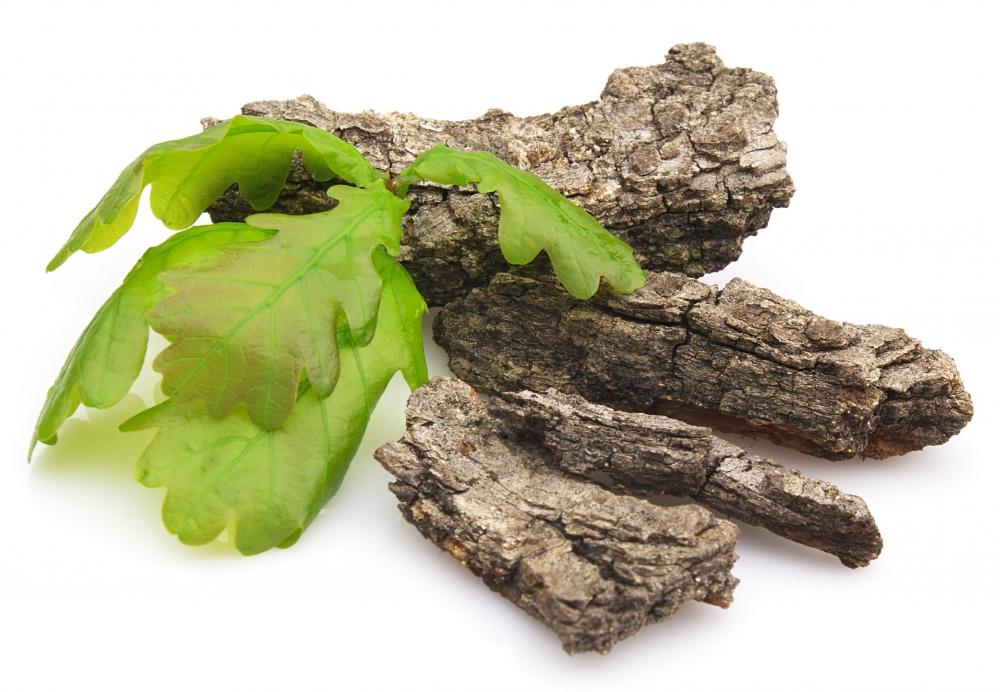At WiseGEEK, we're committed to delivering accurate, trustworthy information. Our expert-authored content is rigorously fact-checked and sourced from credible authorities. Discover how we uphold the highest standards in providing you with reliable knowledge.
What is Biodynamic Planting?
Biodynamic planting is an agricultural farming method and philosophy that incorporates moon rhythms, organic gardening, and the etheric plant forces in a self-nourishing system developed by Rudolf Steiner. Using the basic principles of organic planting, biodynamics uses only natural fertilizers, focuses on companion planting to combat infestations of pests and disease, and avoids all synthetic pesticides and herbicides. Biodynamics, however, goes beyond organics, using preparations designed to strengthen the plants on an energetic level; it incorporates a planting calendar based on the energetics of seasons, the plants' growth cycle and the moon, and focuses on a closed system of farming.
Biodynamic planting uses strengthening biodynamic perpetrations comprised of ground crystals, herbs, and cow manure. The cow manure is buried in a brick-lined pit for three months. A pinch of dried, powdered manure is then added to water and sprayed over crops. A crop-strengthening preparation made of ground quartz crystals is also used. Preparations made from either nettle, dandelion, yarrow or oak bark are mixed into the compost piles.

Biodynamic farms seek to be a closed system. The livestock consume grasses and grains grown on the land. Manure from the farm's animals is used to nourish the vegetable gardens and pastures. Vegetable trimmings are converted into compost to enrich the soil in the fields and garden beds. The biodynamic planting preparations are made from herbs and manure from within the system.

The etheric forces in plants are an important part of the biodynamic philosophy; the basic etheric forces of the plants are life, light, warmth, and water. These forces are also a part of each day and each year. Summer, for example, is a period of strong life, light, and warmth but with less of the water element. Morning has strong life, light and warmth forces, but less water as evening moisture evaporates. The etheric forces of the seasons, the days, and the plants correspond with the energetic growth patterns of the roots, leaves, flowers, and fruits of the plants.

The etheric forces are incorporated into a calendar used by biodynamic farmers to determine planting, nourishing, and harvesting times based on energetic activity of the basic structures of the plants. The biodynamic planting calendar is a detailed publication updated annually. From the calendar, the biodynamic farmer or gardener can determine the best day and time of day to sow grain seeds, the optimal time to plant tomatoes, or the day peas should be planted. The biodynamic planting calendar tells the day for planting as well as the time of day. During a planting season, a single crop will have a variety of specific days and times when planting should be performed.
Biodynamic produce and products are recognizable by the Demeter label. The international organization closely monitors biodynamic farms that wish to sell products under this label. Produce, wine, cheeses, bakes goods, natural body care, and a variety of other products can be found with the biodynamic label indicating that all the ingredients were raised using biodynamic planting methods.
AS FEATURED ON:
AS FEATURED ON:













Discuss this Article
Post your comments